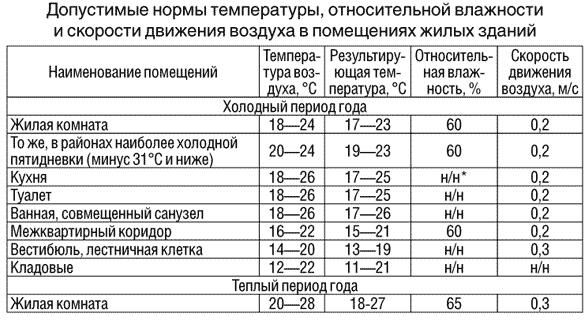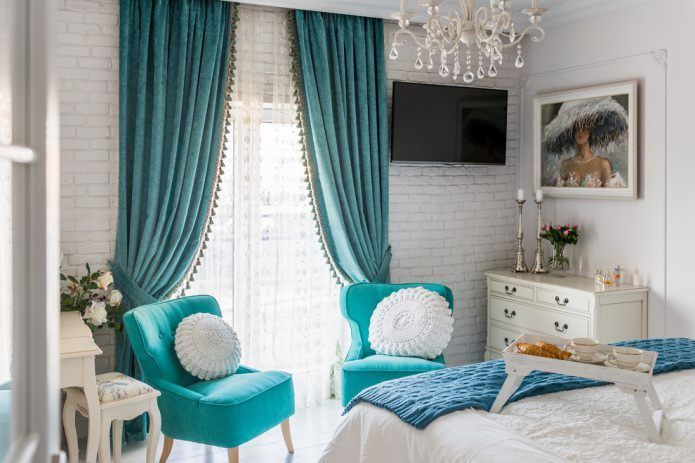What temperature should be in the bedroom
 One of the most important hygienic indicators and requirements is compliance with temperature conditions in various residential premises. In private homes, the temperature is controlled independently, while in government institutions the temperature is regulated in accordance with regulatory documents. This attitude is not accidental, because environmental factors constantly influence a person, thereby affecting his health and well-being. How to improve the quality of life and create optimal temperature conditions for comfortable living in the house?
One of the most important hygienic indicators and requirements is compliance with temperature conditions in various residential premises. In private homes, the temperature is controlled independently, while in government institutions the temperature is regulated in accordance with regulatory documents. This attitude is not accidental, because environmental factors constantly influence a person, thereby affecting his health and well-being. How to improve the quality of life and create optimal temperature conditions for comfortable living in the house?
The content of the article
What temperature should be in the bedroom
Certain indicators that affect human health and well-being depend on temperature:
- Normal heat exchange between humans and the environment.
- Physical and psycho-emotional state.
- The number and rate of reproduction of microorganisms.
- Incidence rate at different temperatures.
The bedroom is a place of relaxation. It is here that a person regains his strength after an eventful day. How effectively this process occurs largely depends on the temperature regime in this room. Many institutions have a practice of temperature monitoring and charting. You can use it at home too.

Of course, a lot depends on the individual characteristics of the person. Some people are used to always being warm and creating mini-greenhouses around themselves, while others, on the contrary, cannot stand the heat, but the cold is like their native element.
The main thing is to maintain balance. It is best that the temperature in the room does not exceed average values of 19–21°C. In addition, it is necessary to regularly ventilate the room. It's better to do this in the morning. It is optimal to arrange cross-ventilation of the room, i.e. open all windows and doors wide to refresh and clean the air after a long night. In the evening, just open the window to equalize the temperature before going to bed.

In the cold season, during a night's rest, if necessary, you should additionally insulate yourself with warm clothes and linen; in the summer, on the contrary, you can sleep without a blanket. This way, better heat exchange with the external environment is achieved.
IMPORTANT! Hang a thermometer in the room and constantly monitor its readings.
Temperature conditions in the child's room
The child should be treated with special attention and care. His body is actively growing and developing, which means that all vital processes are much more active in him than in an adult. His immune system is just beginning to “get acquainted” with harmful environmental factors and remembers them in order to respond appropriately to them in the future.

Therefore, the temperature in his bedroom should be slightly higher. But even in this case, moderation must be observed. Ventilation, walks in the fresh air, sunbathing and water procedures harden the body and increase its resistance to disease.
ATTENTION! The children's room should also be ventilated and the temperature maintained at 20–22°C.
Why is it important to maintain optimal room temperature?
Scientists know many factors that ensure the normal functioning of the human body. These include the thermal index.
And that's why:
- Ventilating the room mechanically removes most microbes, and low temperature slows down their reproduction. This helps reduce morbidity.
- Fresh air has a beneficial effect on skin, nails, and hair.
- The cardiovascular system also experiences the beneficial effects of cool air.
- Under normal conditions (preferably slightly cool), the endocrine system better produces the hormone melatonin, which regulates day and night patterns.
- Light coolness hardens the body.
That is why, by observing the temperature regime, you can fully restore your strength during a night's rest.





